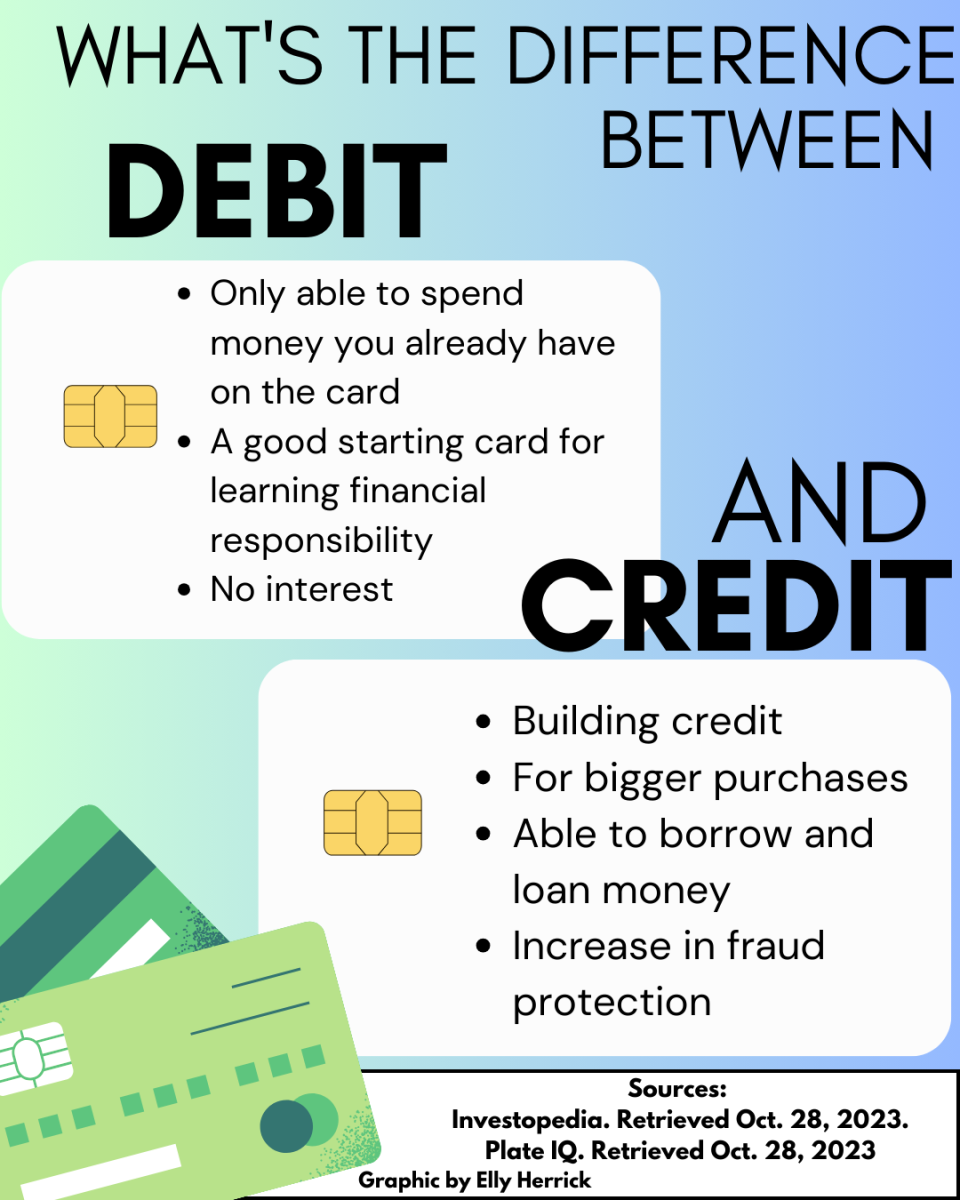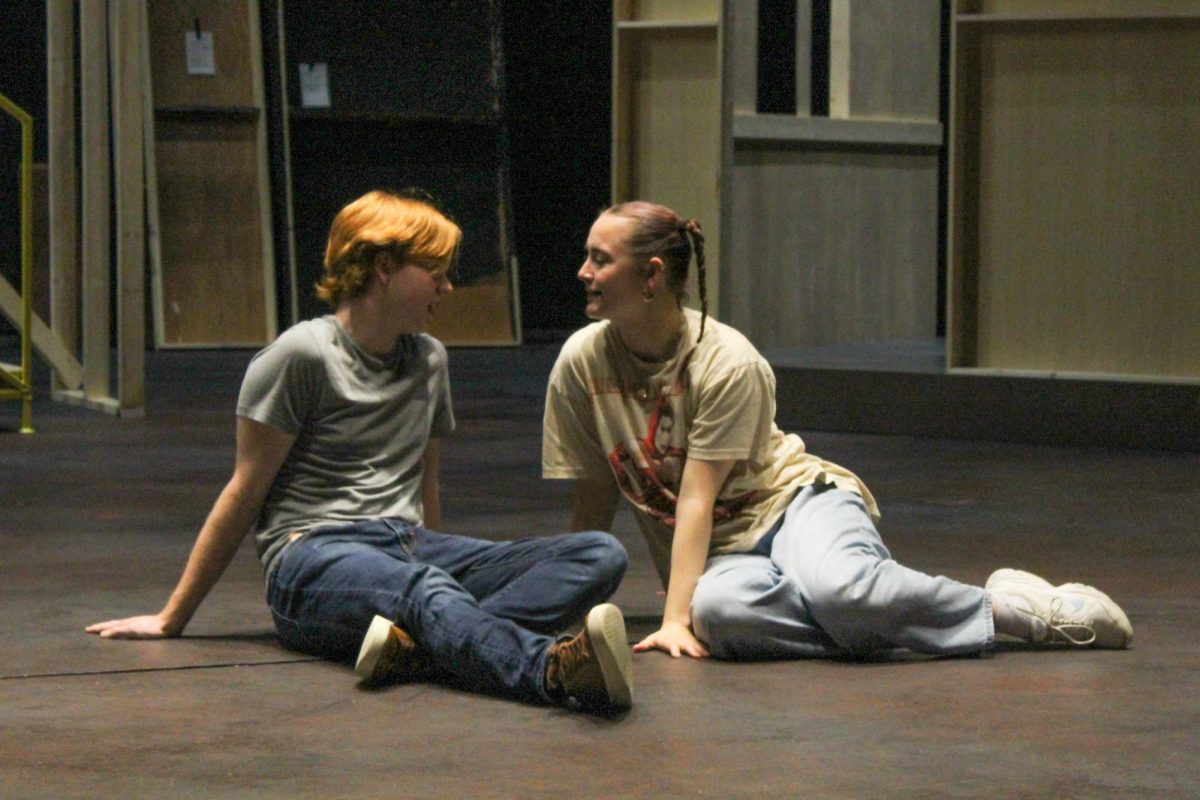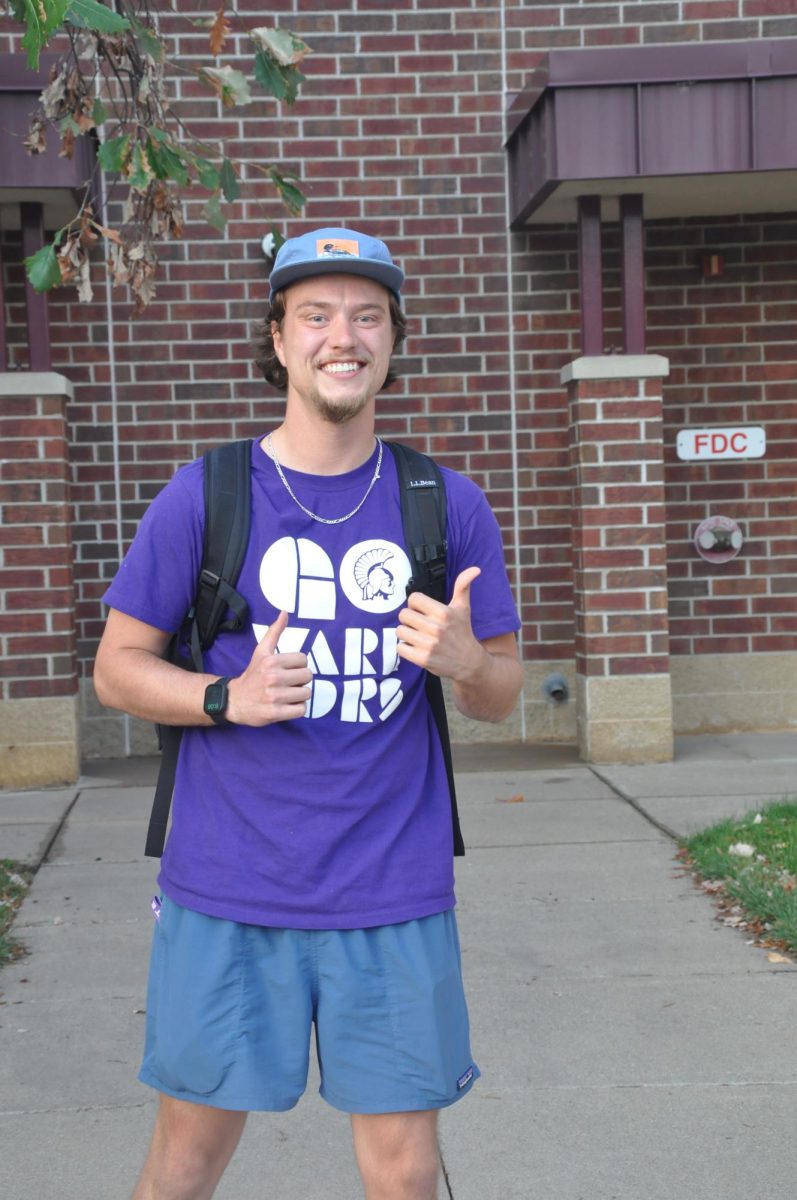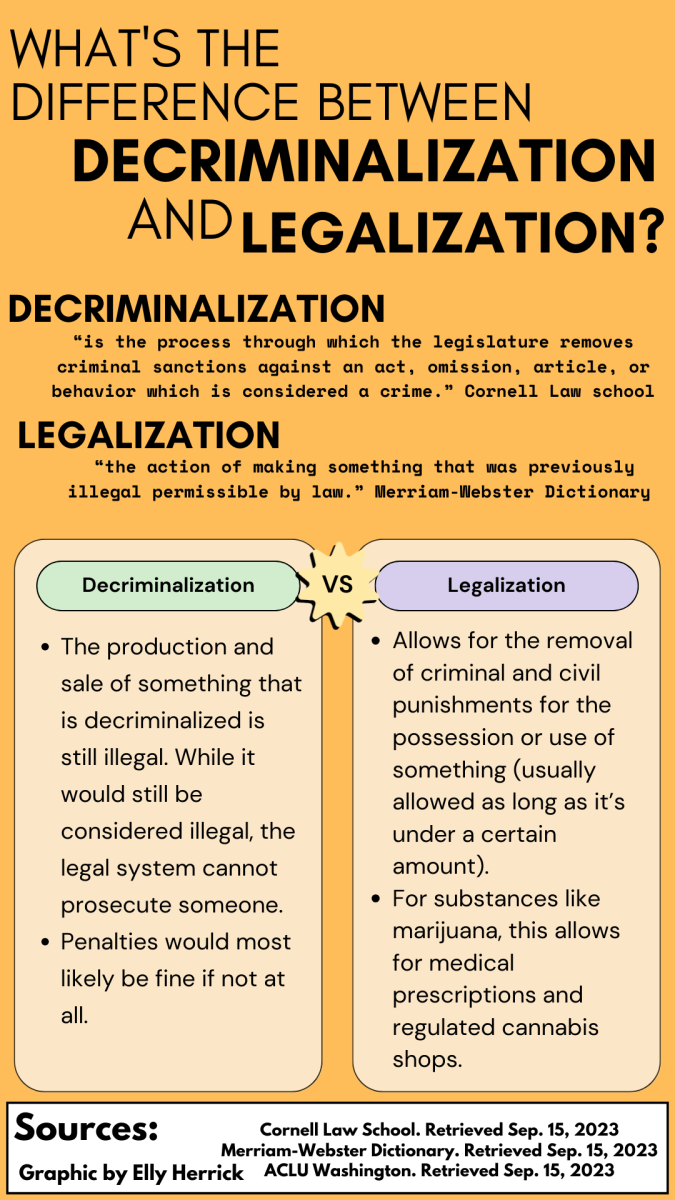Emily Dean/ Winonan
With graduation around the corner, students may be taking a critical look at their social media pages in preparation for the intimidating interview processes.
While many students go through this process toward the end of their college career, students may want to be taking a serious look at the content posted on their social media pages before they hit the big stage.
Don Raleigh, a sophomore majoring in international business said his personal preference is to hike up his Facebook security to ensure maximum control over the content.
“You can’t search for me or tag me in anything without my approval,” Releigh said.
Raleigh’s Facebook profile has maximum security on it, and his Facebook photo contains a professional group shot and a cover photo of his family.
“If an employer wants to reach out and look on your Facebook, it’s just like an interview. It’s totally fair,” Raleigh said. “It’s all about how you want yourself to be perceived. It’s just like how you dressed.”
Although Raleigh says he has never known of an employer actually looking at his Facebook, he said he believes students should be wary of posting any content that may get you in trouble.
“At the end of the day, you will live with what you have posted. As soon as you post those things online, be aware of what you are putting out there. ‘That’s not the real me’ is not a good excuse. It’s in the public,” Raleigh said. “When every single person signs up on Facebook and registers, they agree to the terms and services of Facebook, and by that they agree to not post anything illegal.“
From a more professional standpoint, mass communication professor, Davin Heckman said it is hard to predict the weight of Facebook content in one’s professional career.
Part of it, Heckman said, is not being able to predict what professionalism will be like in the future.
“You never know what is going to make people mad,” Heckman said, “and you never know what will make people mad ten years from now. Something that may seem like a funny joke to people now, may change in ten years.”
Heckman also said the high expectations society holds for young adults today may not be the most reasonable expectation.
“Should you have the HR manual for 2025 anticipated in your brain right now? Do we as a society necessarily want to have 18 year olds have the mind of a bureaucrat?” Heckman said.
Heckman also said, though, that he believes the main issue surrounding social media and privacy is having to decide between what is private and what is public.
Heckman said to keep in mind the future when posting, not just the present.
“Could you imagine having things you said or did since you were a teenager in your professional portfolio? You should think about whether you’ll be embarrassed to behave this way in front of people you see on a daily basis,” Heckman said.
While Heckman said students should in fact be wary of what they post online, he also said he believes there has been a shift in society in that college-age students are now expected to govern their personal behavior to please employers.

































































